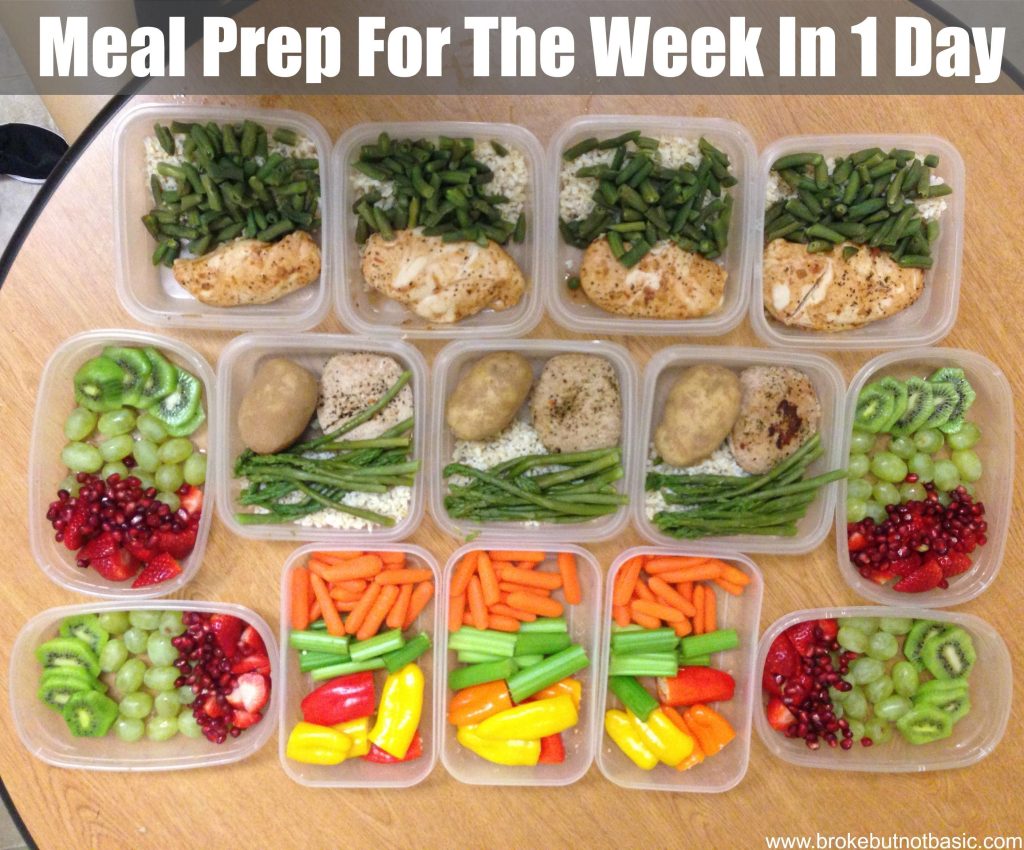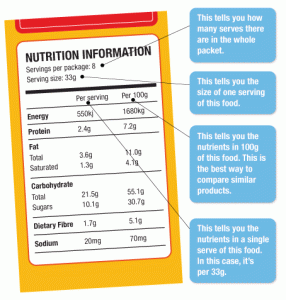
Meal prepping has become increasingly popular in recent years as more and more people are looking for ways to save time and eat healthier. Whether you’re a busy professional, a parent juggling multiple responsibilities, or someone simply wanting to improve your diet, mastering the basics of meal prepping can be a game-changer. In this article, we’ll guide you through the process of meal prepping and provide some useful tips to get you started on your culinary journey.
The Benefits of Meal Prepping
Before diving into the nitty-gritty of meal prepping, let’s first understand why it’s worth considering. Here are some of the key benefits:
Save Time: By dedicating some time each week to plan and prepare meals in advance, you can enjoy the luxury of extra time throughout the week to focus on other priorities.
Healthier Eating: Meal prepping allows you to have greater control over the ingredients and portion sizes, making it easier to stick to a balanced and nutritious diet.
Save Money: Cooking your own meals in larger quantities can often be more cost-effective than constantly eating out or buying convenience foods.
Reduce Food Waste: Planning your meals in advance helps minimize food waste by utilizing ingredients efficiently and preventing excessive purchasing.
Getting Started with Meal Prepping
Now that you’re aware of the advantages of meal prepping, let’s delve into the steps to get started:
1. Plan Your Meals
Begin by deciding on the number of meals you want to prepare for the week. It can be all your breakfasts, lunches, and dinners or a combination that works for you. Consider your dietary goals, preferences, and any dietary restrictions when selecting recipes. Look for meals that are easy to cook in bulk and can be stored without compromising taste or quality.
2. Create a Shopping List
Once you have your meal plan, make a detailed shopping list of all the ingredients you’ll need. Check your pantry and fridge to see if you already have some items, and only buy what’s necessary. This will help you stay organized and avoid unnecessary purchases.
3. Prep Your Ingredients
Once you’re back from the grocery store, start preparing your ingredients. Chop vegetables, marinate meats, cook grains, and pre-portion snacks. This step can be time-consuming, but it will significantly streamline the cooking process during the week.
4. Cook in Bulk
Now it’s time to cook! Dedicate a few hours to prepare your meals in large batches. Use multiple cooking methods simultaneously, such as roasting, sautéing, or baking, to save time. Make use of slow cookers or pressure cookers for dishes that require longer cooking times.
5. Portion and Store
After your meals are cooked, it’s essential to portion them out and store them properly. Invest in high-quality food storage containers that are microwave-safe and airtight. Divide each meal into individual servings and label them with the date to keep track of freshness. Refrigerate or freeze your meals based on how quickly you plan to consume them. Remember to allow hot foods to cool adequately before storing.
Useful Tips and Tricks
Now that you have a grasp of the basic steps, here are some additional tips to make your meal prepping journey even smoother:
1. Start Small
Meal prepping can feel overwhelming at first, so start by prepping just a few meals a week and gradually increase the quantity over time.
2. Get Creative with Recipes
Don’t be afraid to experiment and try new recipes. This will keep your meals exciting and prevent boredom from setting in.
3. Delegate Tasks
If you’re cooking for a family, get everyone involved in the meal prepping process. Assign tasks to each family member to make it a fun and efficient activity.
4. Use Proper Storage Techniques
Learn about proper food storage techniques to maximize the shelf life of your prepped meals. This will prevent food spoilage and maintain the quality of your dishes.
5. Mix and Match
Don’t feel restricted to preparing each meal from scratch. You can mix and match pre-prepared ingredients to create different meals throughout the week. For example, roasted chicken from one meal can be used in salads, sandwiches, or wraps later in the week.
The Bottom Line
Meal prepping is a valuable skill that can enhance your lifestyle in multiple ways. By investing a little time and effort upfront, you can enjoy the benefits of saving time, eating healthier, and even saving money in the long run. With the right planning, preparation, and organization, you’ll be well on your way to mastering the basics of meal prepping and achieving your culinary goals.


